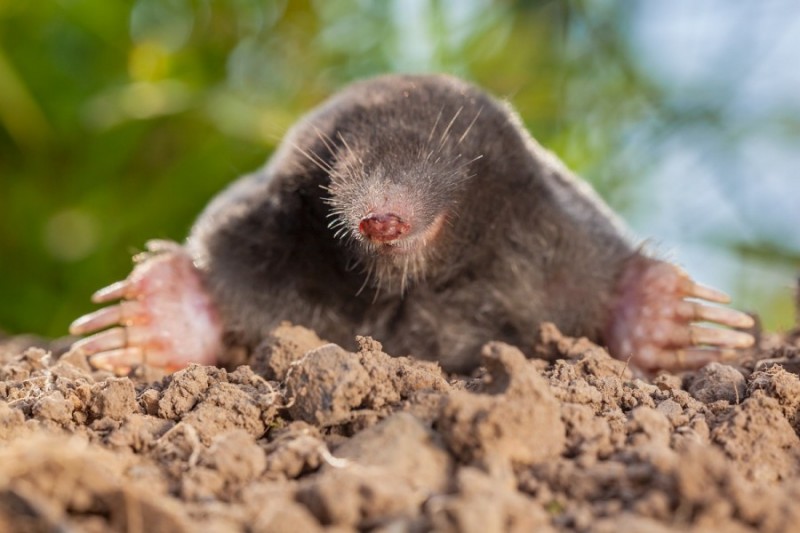
23 Jun Unearthed Writing Workshop
We come from the earth and return to it – and yet mostly we ignore the soil which gives us life and takes us in death.
Fertile ground indeed for writing. On 5th July I am leading a workshop to explore some aspects of the soil and our relationship with it. On the Thornham Estate near Eye, we can explore parkland, meadow, arable and grassland habitats all supported by the same soils.
We will take as our theme the poem Digging by Seamus Heaney. In this poem, Heaney explores the relationship to soil of his father, as vegetable gardener, and grandfather, as peat digger, contrasting this with his own lack of connectedness to the soil other than in memory. He chooses therefore to dig with his pen.
Digging encourages us to go down into dark places, to seek out life and death, and unearth secrets and truths. The workshop will start us thinking about soil – what it is, what lives in it, what we think of it. It is said that there are more organisms in a handful of healthy soil than people on the planet.
We will consider the humble life of the earthworm using extracts from John Stewart Collis’ book The Worm forgives the Plough, published in 1973.
“Eyeless, legless, faceless, earless, voiceless, the earth-worm is not much to look at – a mere squirming piece of flesh. Yet with its powerful muscles, its two stomachs and its false teeth, it is able to carry out remarkable works.
These worms are the only creatures that eat the earth.”
After comparing some soil profiles from different locations we will take a short walk through the Estate and look for signs of life underground. We will focus on two different diggers. Firstly the mole, valued more for its coat than its habits. An animal rarely seen above ground and ignored by most unless the freshly excavated mounds destroy the lawn. Sylvia Plath’s poem Blue Moles will provide a way in to think about moles in our lives.
Secondly we will look for the volcano like nests of the digger wasp – a tiny black solitary wasp whose life revolves around the excavation of a little soil pit to create a nest, provisioning it with food such as aphids, fleas and beetles, and laying her eggs. After this she seals up the burrow and leaves the eggs to develop in the cool stable temperature underground. The ‘volcano’ is the excavated soil from the burrow which is dug by the wasp using spiny brushes on her legs and can reach down some 30 cm.
The workshop will be a mix of readings, facts about the natural world, time to walk outdoors and time to write your own prose or poetry. There are still places left and you can book via bookings@waveneyandblytharts.com
Date: Wednesday 5th July
Time: 10.30am start – 3pm for tea and cakes
Place: Thornham Walks, Gislingham Road, Thornham nr Eye
Refreshments: Teas and coffees included; optional sandwich lunch or visit the nearby Forge café. Tea and cakes with the read through session at the end.
Cost: £15, with £3 discount for members of Waveney & Blyth Arts and Suffolk Poetry Society. Includes teas and coffees. Optional sandwich lunch £3 or £4.95 – details on booking.
Parking: £2 Pay & Display with all monies going towards the upkeep of the Walks
Suitable for beginners/ non-writers and experienced writers.


